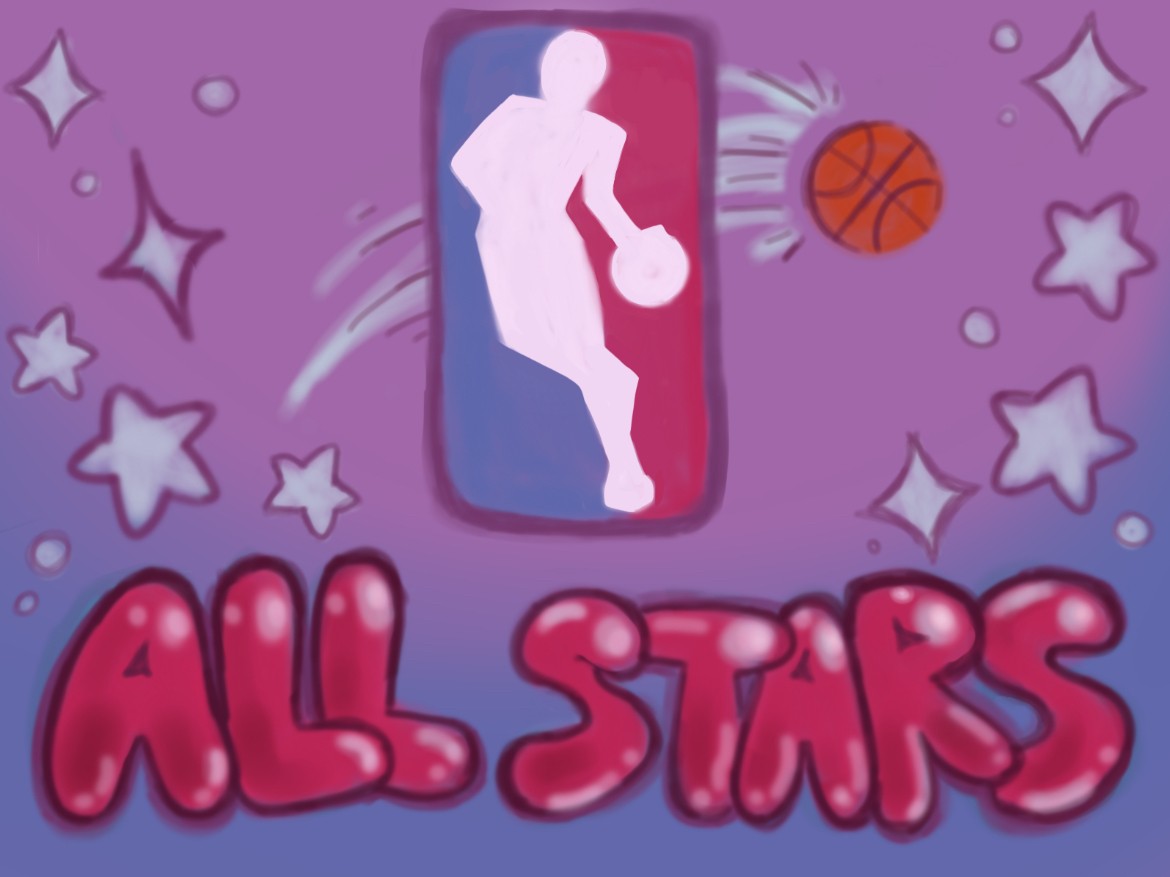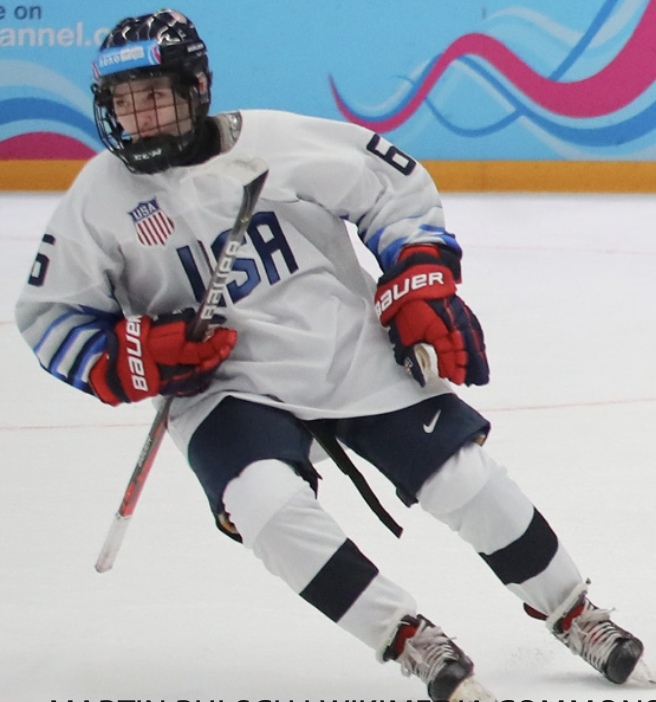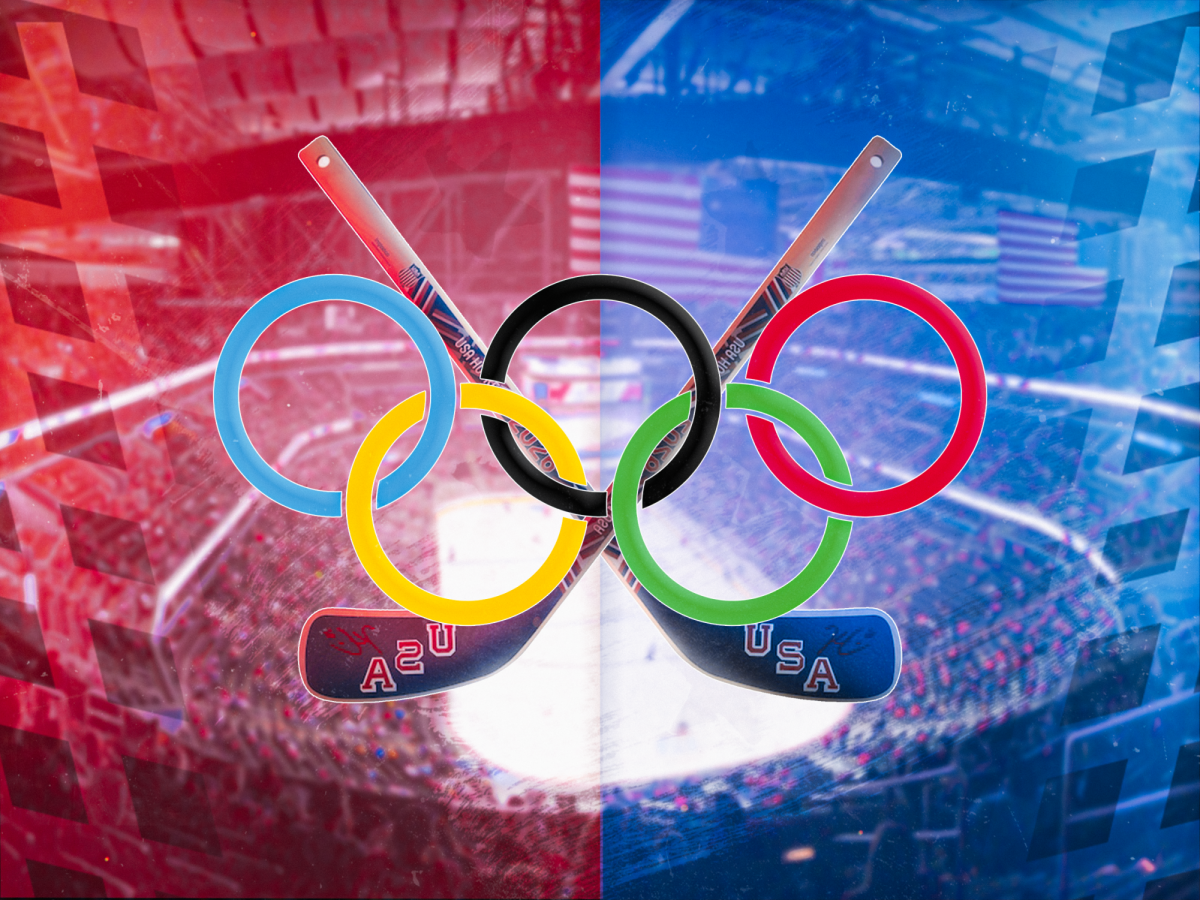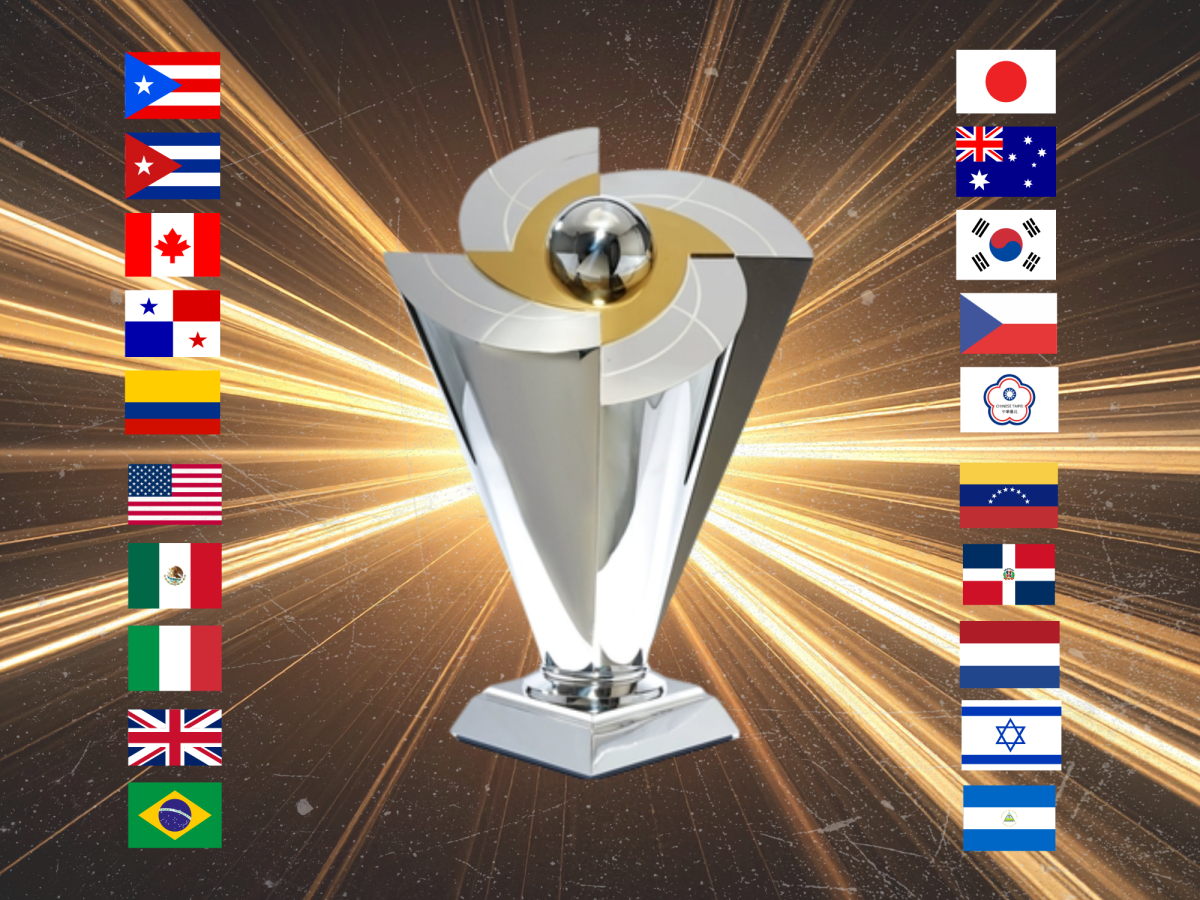Kobe Bryant marked the end of his basketball career after a 60-point performance against the Utah Jazz on April 13. A historic night around the league—the Warriors set the record for most regular season wins—Bryant came out scorching in the second half of regulation to remind younger fans how he earned the nickname “Black Mamba.”
With 14.8 seconds left in regulation, Bryant brushes his hand off his chest for the last time, drops his shoulders for a breather and, very much like the way he started his career, drains the free throw—Mamba out.
Those two free throws, of the hundreds that define Bryant’s career, helped him seal his last game against the Utah Jazz, after the Lakers came back from a 15-point deficit on Bryant’s 23-point fourth quarter. In the last minute of regulation, after he came down the court for a contested three, bringing the Lakers deficit to one, Bryant sliced through two defenders for the go-ahead mid-range shot, a staple move of his. For sports fans, it meant more than a game-winning single from Derek Jeter.
Bryant should not have made it to the 2015-16 season. Plagued by injury in the seasons leading to his finale, no fan will remember Kobe for playing six games in the 2013-14 season. Instead, fans recall his free throws against the Warriors in the 2012-13 season, shooting with a torn Achilles; but, those should have been the last of his career, not the ones that allowed him to tally 59 and 60 against the Jazz. No one would have been upset had he hung his jersey after that injury; Kobe’s career at the point of injury already included five rings, 15 All-NBA teams and a Most Valuable Player award. Nonetheless, it was his will to recover from that injury, and especially his dedication to come back into the league and still be a contributing force to a team not bound for playoffs that makes Kobe one of the greatest. His performance, after father-time and injuries made preparation and practice more dutiful than the love of the game, was magical. Bryant has earned his spot among the greatest, if not as the greatest, for his undying work ethic and outlandish character, which shaped the handful of 50-point performances and 15-minute, fan-made videos dedicated to Bryant’s career game-winning shots.
Bryant’s game was so pleasing to watch because his craft was mostly technique, powered by his athleticism and strength. Fans will remember the back-to-the-basket footwork and the spacing he created with his hips followed by a pump fake or jump shot. With his success, many compare his legacy to that of Michael Jordan. Indeed, they analyze and attack every situation with the same tenacity, and Bryant does mimic Jordan with similar style, from the up-and-under layups to the tongue, but their games must be respected on the same level of greatness.
Selected 13th overall in the 1996 NBA draft, Bryant watched his hometown team choose Allen Iverson first in the draft. He was traded by the Hornets to the Lakers on draft night, heightening both the expectation and the pressure to perform in the spotlight. He started his career in the era of Jordan and competed in the prime of Tracy McGrady, Steve Nash, Dirk Nowitzki and Tim Duncan—tremendous competition in the Western Conference that propelled some of the greatest rivalries in the history of the NBA. Jordan played in the shadows of Magic Johnson and Larry Bird, but Bryant had to separate his game from Jordan and Shaquille O’Neal, who were both freaks of nature who could dominate the game unlike anyone else.
Whereas Jordan always had Scottie Pippen, Bryant managed to get two rings without superstar Shaq, winning with a cast of solid role players. He never switched teams, despite outwardly demanding trades, and capped the 2000s by reviving the rivalry between Boston and Los Angeles, outdueling the first trending big three—Paul Pierce, Ray Allen and Kevin Garnett—in the 2010 finals matchup that saw Bryant take his second consecutive finals MVP.
Championship rings certainly reveal a lot about a player’s motivation and a team’s success, but it does not define a legacy. A 5-2 record in the Finals is not a Jordan-esque 6-0, but it reflects the greatness demanded from Bryant. He’s managed to score more career points and game-high points than Jordan, and he battled in a Western Conference that was as brutally imposing as the ’90s Eastern Conference. He battled through legal issues, which saw his endorsements vaporize, chemistry issues with his teammates, and still he managed to make it to the Finals.
Perhaps the most heartwarming moment of Bryant’s last game was the hug he received from the Lakers prospects during a timeout. Despite the critique that has followed the organization throughout the season, the young crop of talent will succeed Bryant and carry the franchise to a great level again. D’Angelo Russell, Jordan Clarkson and Julius Randle embraced Bryant, who on the rare occasion, smiled. With playoff competition and the offseason speculation around the NBA, it is often overlooked how much time and dedication is required to be able to compete in the league. Bryant expected nothing short of victory when he stepped on the court, challenging his teammates to bring their best efforts and daring his opponents to beat him. Even in the last game, with no games scheduled in May for the Lakers, Bryant came out and did what he has done for 20 years: dominate.







